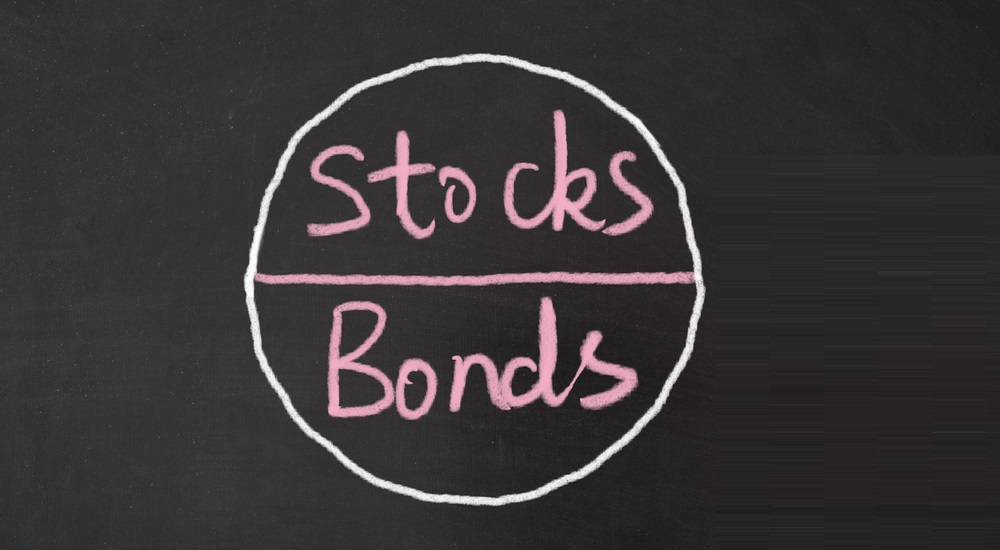
- All Instrument Types
- Indices
- Equities
- ETFs
- Funds
- Commodities
- Currencies
- Crypto
- Bonds
- Certificates
Please try another search

See the stocks on our ProPicks radar. These strategies gained 19.7% year-to-date.
Weekly Q&A: Investors Ask, Clement Answers #6
This week, Clement tackles portfolio diversification, corporate buybacks, and how he deals when an investment isn’t doing well.
As an investor, how bad do you feel if an investment goes down?
That’s easy. I don’t feel bad at all.
Here’s why:
- I have good risk management
- I invest only with an investment thesis
- I stick to the investment thesis
- I reevaluate when changes occur
Any time you invest money in hopes of making more money back, you are at risk of losing your capital. That’s just a fact of life. Losing is just part of what we do. But, we can minimize losses.
Good risk management allows you to make mistakes without going under. An investment thesis is a sanity check that you have a reason and a logic behind the investment. Sticking to the thesis cuts down the psychological mistakes. Last, when the world changes, we need to adapt. So reevaluation is necessary.
Sometimes in life, you do everything right but end up being wrong. That’s okay. As long as you followed the right procedure, you’ll be right more often than you are wrong, so there’s absolutely no need to feel bad when things don’t work out. Shrug it off, and move on.

Why is it important to own both stocks and bonds?
For the same reason, you don’t put all your eggs in the same basket.
Stocks are great, generally yield better returns, but are riskier, tend to be volatile, and can lose a lot of money is a relatively short time. Bonds are more stable, less risky, but one the other hand, make you less money. Having both minimizes the probability of losing everything.
Of course, at the end of the day, the allocation of funds in your portfolio should depend on your age and risk tolerance.
Some younger people don’t hold any bonds because they feel like they can ride out the volatility with their longer investment horizons. Even if the market drops 50% tomorrow, they have decades to let it come back up, and don’t need to cash out. They’ll lose 50% on paper, but since they don’t cash out, it doesn’t really matter, and they’re looking to maximize returns long term, so stocks are a good option.
Some older folks might go 100% bonds, especially if they rely on that capital to live. Since they need the invested money, they can’t afford to hold stocks through a downturn and would be forced to sell, leaving them in a very precarious position and a very big realized loss. So they take less money, but deal with less volatility and a lower chance of losing capital.
It’s a trade-off, and the general advice is that as you mature, your portfolio should mature with you, and slowly transition from 100% stocks to more bonds than stocks. But you should check with a professional to assess your personal situation and take a decision that is right for *you*.

Why do large corporations buy back their own shares?
There are a few reasons for a company to initiate buybacks.
1. Management believes its stock is undervalued
In that scenario, the company is basically investing in itself. It makes sense, since who knows the true worth of the company better than the people running it? Once the market makes its move, the company can re-sell some of the shares at a higher price.
2. Protection from takeover
It happens that a company is interested in taking over another company. The company interested in taking over does that by acquiring a majority holding of the company’s stock, with or without its consent. Buying back stocks and ensuring the company itself owns a significant portion of its shares helps protect it against a hostile takeover by both reducing its assets and limiting the number of shares available for purchase.
3. Propping up the stock price/returning money to investors
Shares repurchased by the company reduces the ‘float’, the number of shares being held by the public. This means metrics such as Earnings Per Share are suddenly higher, and the price of a single share rises. This presumably rewards investors by causing their shares to appreciate.
There are a few more reasons, such as reducing the cost of equity or making management look good (because buybacks improve stock performance artificially).
Buybacks are hotly debated nowadays, but they’re an essential part of the CEO’s and CFO’s toolkit in managing a companies finances.
If you have questions of your own you’d like Clement to answer, please leave them in the comments below or send them directly to Clement via Twitter - @ClemThibault.
You may also like:
Are you sure you want to block %USER_NAME%?
By doing so, you and %USER_NAME% will not be able to see any of each other's Investing.com's posts.
%USER_NAME% was successfully added to your Block List
Since you’ve just unblocked this person, you must wait 48 hours before renewing the block.
I feel that this comment is:
Thank You!
Your report has been sent to our moderators for review





Add a Comment
We encourage you to use comments to engage with other users, share your perspective and ask questions of authors and each other. However, in order to maintain the high level of discourse we’ve all come to value and expect, please keep the following criteria in mind:
Enrich the conversation, don’t trash it.
Stay focused and on track. Only post material that’s relevant to the topic being discussed.
Be respectful. Even negative opinions can be framed positively and diplomatically. Avoid profanity, slander or personal attacks directed at an author or another user. Racism, sexism and other forms of discrimination will not be tolerated.
Perpetrators of spam or abuse will be deleted from the site and prohibited from future registration at Investing.com’s discretion.